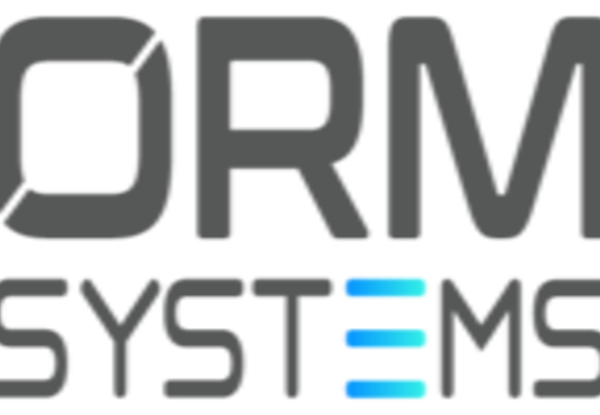
In today’s digital age, reliable internet is more than just a luxury; it’s a necessity for any business. Whether you’re streaming video conferences or managing cloud-based applications, the type of internet connection you choose can significantly impact your operations. Let’s explore the differences between DSL, cable, and fiber internet to help you make an informed decision.
1. Understanding Internet Types
DSL (Digital Subscriber Line) uses existing telephone lines to transmit data. It’s widely available, especially in rural areas, but its speeds typically range from 1 to 100 Mbps. While DSL can handle basic tasks like email and web browsing, it may struggle with high-bandwidth activities.Cable Internet operates through coaxial cables that deliver cable television services. It generally offers faster speeds than DSL—ranging from 25 Mbps to 1 Gbps—making it suitable for video streaming and online gaming. However, cable performance can dip during peak usage times when many users are online.Fiber Optic Internet is the fastest option available today. It transmits data using light signals through glass or plastic fibers, offering speeds from 100 Mbps to a staggering 10 Gbps. Fiber provides symmetrical upload and download speeds with minimal latency, making it ideal for businesses that require high-speed connections for multiple users.
2. Speed Requirements for Your Business
Before choosing an internet type, assess your business’s specific needs. If your team primarily uses the internet for email and browsing, DSL might suffice. However, if you rely on video conferencing or large file transfers, you’ll want the higher speeds offered by cable or fiber. Speed can directly affect productivity—slow connections can lead to frustration and downtime.
3. Availability and Accessibility
Availability is another critical factor in your decision-making process. While DSL is often accessible in rural areas due to its use of existing phone lines, cable and fiber may have limited coverage depending on your location. Urban areas typically have better access to fiber options, while rural businesses might find themselves limited to DSL or cable.
4. Cost Considerations
When evaluating costs, consider both the monthly fees and installation charges associated with each type of internet connection. DSL tends to be the most affordable option upfront but may not provide the performance needed as your business grows. Cable often strikes a balance between cost and performance but can vary widely based on local providers. Fiber is usually the most expensive option initially but offers long-term value with its speed and reliability.
5. Reliability and Performance
Reliability is crucial for any business operation. You want an internet connection that won’t let you down during critical moments. Generally, fiber optic connections provide the highest reliability with minimal downtime. Cable can also be dependable but may experience slowdowns during peak hours due to shared bandwidth among users in your area. DSL is often stable but can suffer from reduced speeds based on distance from the provider’s central office.
6. Customer Support and Service Options
Lastly, consider the customer support offered by potential providers. Responsive customer service can save you time when issues arise. Look for providers that offer robust support options—such as live chat or dedicated account managers—to ensure you have assistance when needed.
Conclusion
Choosing the right internet connection for your business involves weighing factors like speed requirements, availability, cost, reliability, and customer support. Each option has its strengths and weaknesses; understanding these will help you make an informed choice that aligns with your business needs.If you’re ready to explore options tailored specifically for your business needs in Canada, reach out to Cancomco Canada today!Contact us at:
Email: hello@cancomco.ca
Phone: 604-923-1591Let us help you find the perfect solution that keeps your business connected!








